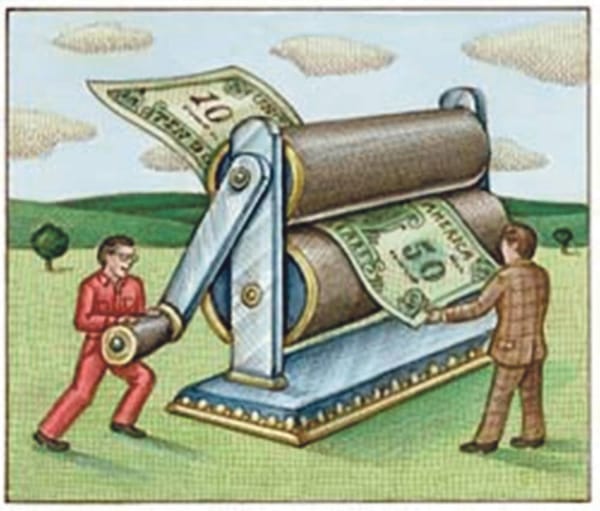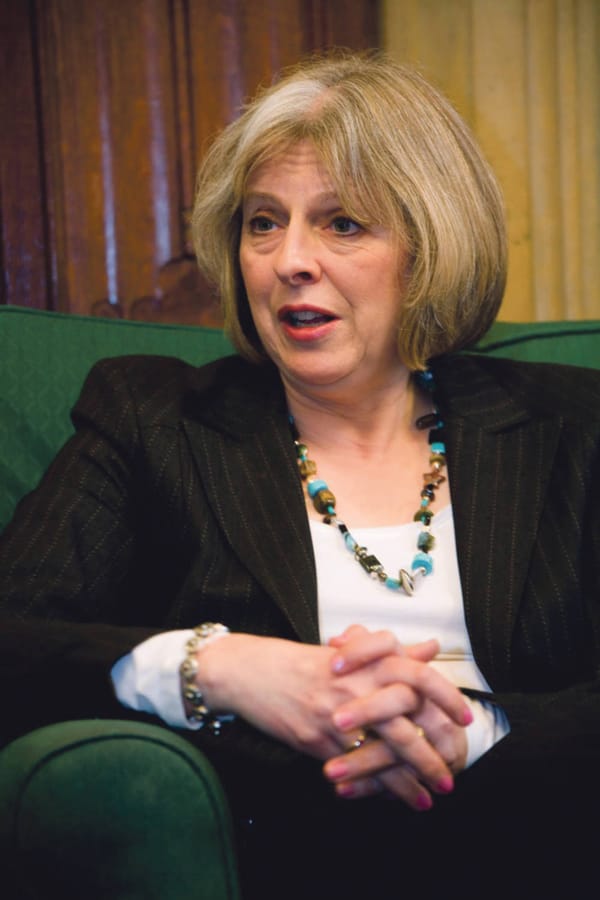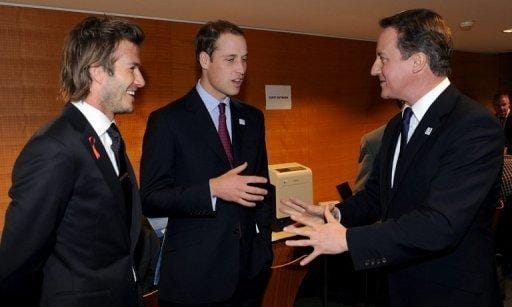New Year’s Resolutions
Rajat Jain & Joseph Letts consider what 2011 holds for world leaders. And Nick Clegg...

Silvio Berlusconi
Well 2010 certainly has been an interesting year for the Italian Prime Minister. Barely surviving several votes of no confidence throughout the year and having his coalition partner Gianfranco Fini and four other coalition government members step down has done a terrible number on the stability of his government and it seems only a matter of time before things begin to collapse. And of his New Year’s Resolutions? Well between trying his best not to be tried for corruption and tax fraud, trying to win back the love and confidence of his people, and staying in control of his country, business empire and health (he is 74), I’d say he has quite a busy year ahead. Of course he also might try to spend the year coaxing his female ministers to wear tighter shorts as well. Life really is hard sometimes isn’t it?
Nick Clegg
The Deputy Prime Minister and Leader of the Liberal Democrats has a tough balancing act to follow. With his popularity over the past twelve months rising and falling faster than a G6, the future of the Liberal Democrats as a credible party hinges on the success of the Alternative Vote referendum on the 5th May. Some accuse Clegg sold his soul to the Conservatives to gain this referendum. To lose would not only reduce the possible Commons gains from being a popular second preference, but even possibly eliminate them as first preference in their traditional Liberal strongholds. Yet, if Clegg’s war against the Conservative’s over the referendum is too successful, it could destroy the credibility of the coalition completely. No doubt Clegg is hoping Vince Cable will think before he speaks during the next four months.
Asif Ali Zardari
With his coalition government formally intact and old corruption charges relating to corporate kickbacks dropped on the basis of diplomatic immunity, it looked like this was going to be a good year for the Pakistani president. As if Zadari! The assassination of the Governor of Pakistan’s Punjab Province, Salman Taseer, on the 4th of January, has left Pakistan facing a dangerous tear in its social fabric. The traditionally Liberal and moderate Pakistan People’s Party, of which both the President and late Governor belong, must decide whether to revoke blasphemy laws and face growing social tensions, riots and increased militancy. The alternative is to allow the continued persecution of Christians and anger Pakistan’s hard-fought-for Western allies. Asif Ali Zardari has another extremely tough year ahead of him.
Barack Obama
At the start of every year, the incumbent President of the United States holds a State of the Union speech. Here he discusses the current position of the country and what he expects to achieve in the year ahead, with the next being on Jan 25th. For 2011 President Obama has a tough battle ahead after the change in composition of the House of Representatives in the 2010 Midterm Elections, leading to the Democrats losing the controlling share of seats. The President also has to deal with the fallout from the publication of diplomatic cables by Wikileaks, and the effect this might have on the resolution of American intervention in Afghanistan. Also, after the horrific shootings in Arizona last week, the President and Government might decide to stir the ongoing passion-filled debate about changes to national gun-control laws.
Mahinda Rajapaksa
Following the end of the 25-year civil war with Tamil rebels and the electoral defeat of Gen. Fonseka, who lead the campaign to defeat the rebels, 2010 was good for the Sri Lankan president. But he must spend 2011 integrating the Tamils. He claims 5000 former rebels are held in prison camps. Signs are, however, promising; 100 have been freed and have claimed they were treated well and education of former rebels to help them find jobs and integrate into society has begun. The President has also begun talks with Tamil National Alliance, the main Tamil party. However, tensions still exist. With Human Rights groups not given access to much of the old rebel stronghold, Wikileaks accusations of massacres and questions over electoral fraud, mending Sri Lankan society will hardly be an easy task.
Evo Morales
Who? Eva Mendes? No, Evo Morales is the President of Bolivia and leader of the Movement for Socialism party. He has had a rather arduous 2010. Since fuel prices were frozen in Bolivia since 2006, citizens have been protected from the pain of increasing oil prices for the last 4 years. Unfortunately this has had the effect of causing a fall in oil production, an increase in demand and therefore an increase in oil importation. With the cost of this hitting the Bolivian government with a $360m bill last year and possibly a forecasted $660m this year, President Morales tried to end the fuel subsidies and increase the price of petrol by 73% last December. But this led to bus operator strikes and trade union protests which caused the government to quickly rescind the measure. However, as the new year breaks into a run this leaves President Morales with the difficult task of offsetting the horrendous cost of subsidising fuel and stimulating the low production levels of oil without bankrupting either the national coffers or his people. Bon chance, matey!







